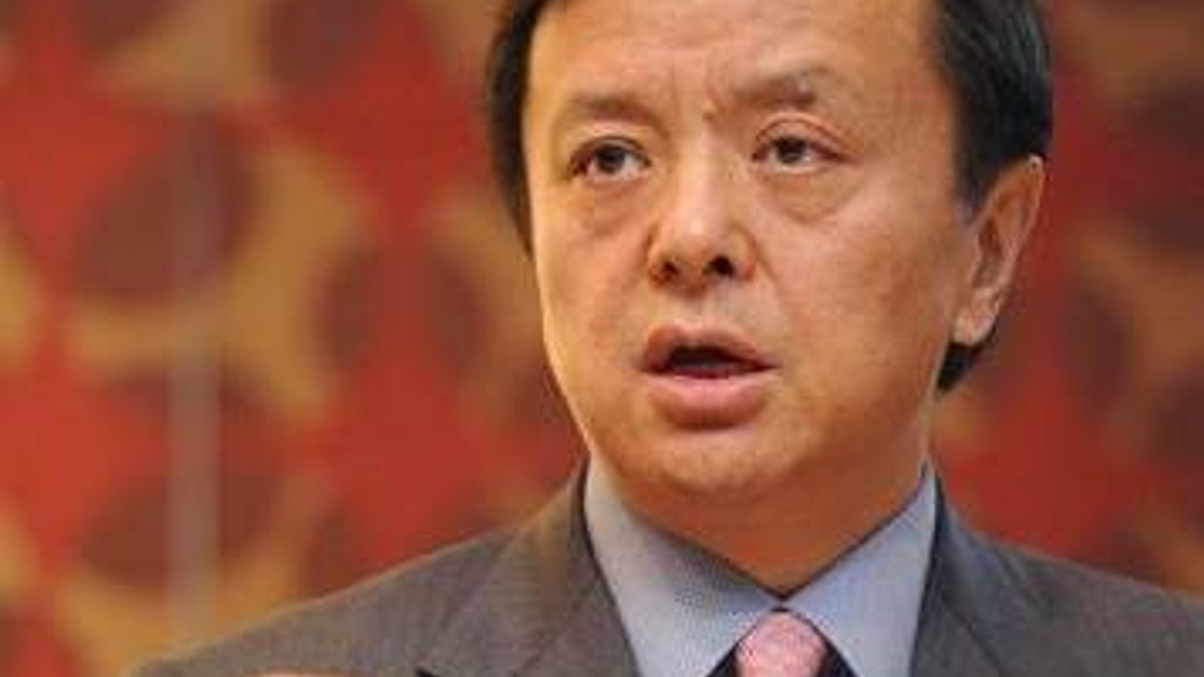More clarity tipped on Stock Connect this week
Charles Li, chief of Hong Kong Exchanges and Clearing, voices confidence that uncertainties surrounding tax issues will be cleared up before the trading scheme’s launch next week.

The chief executive of Hong Kong Exchanges and Clearing, Charles Li, has indicated that an announcement to clarify tax uncertainties surrounding the imminent launch of the Shanghai-Hong Kong Stock Connect scheme can be expected within days.
Sign in to read on!
Registered users get 2 free articles in 30 days.
Subscribers have full unlimited access to AsianInvestor
Not signed up? New users get 2 free articles per month, plus a 7-day unlimited free trial.
¬ Haymarket Media Limited. All rights reserved.


